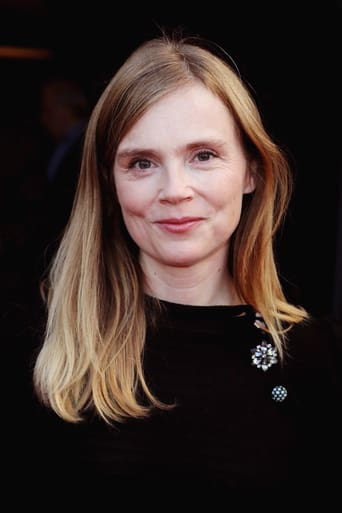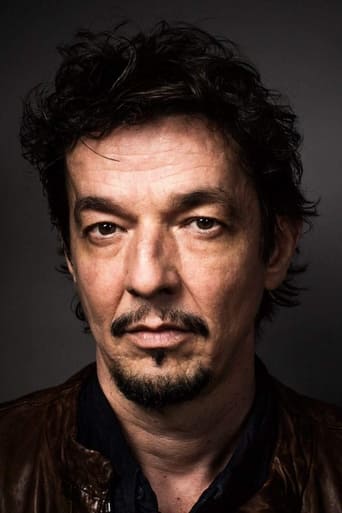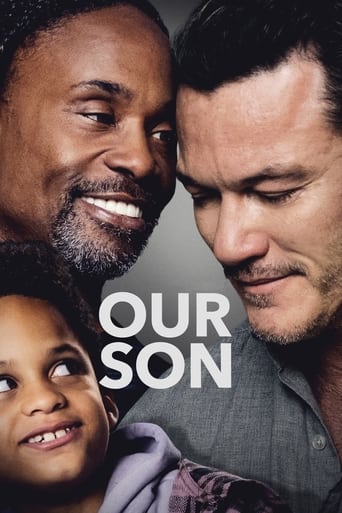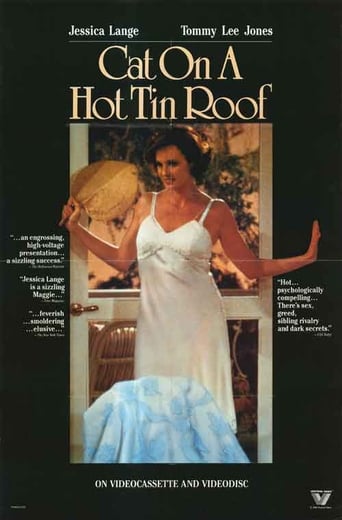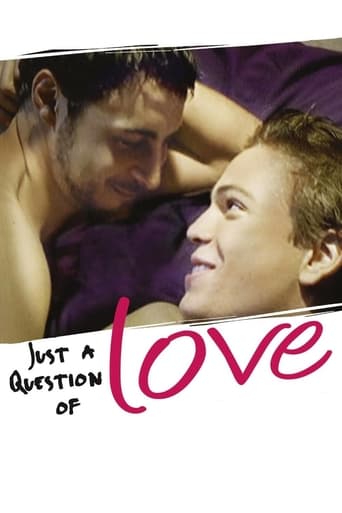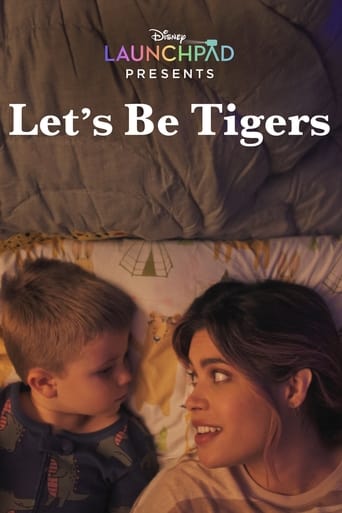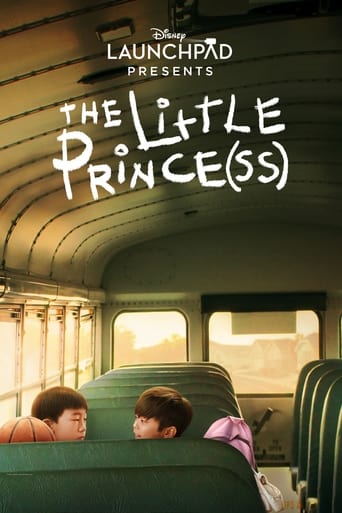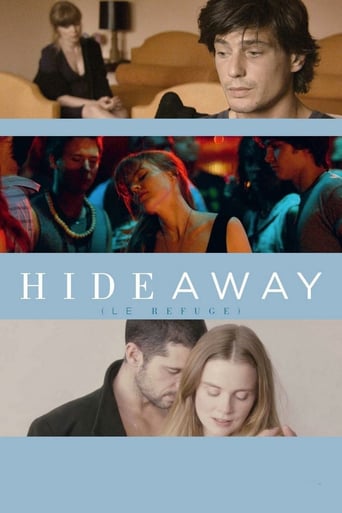
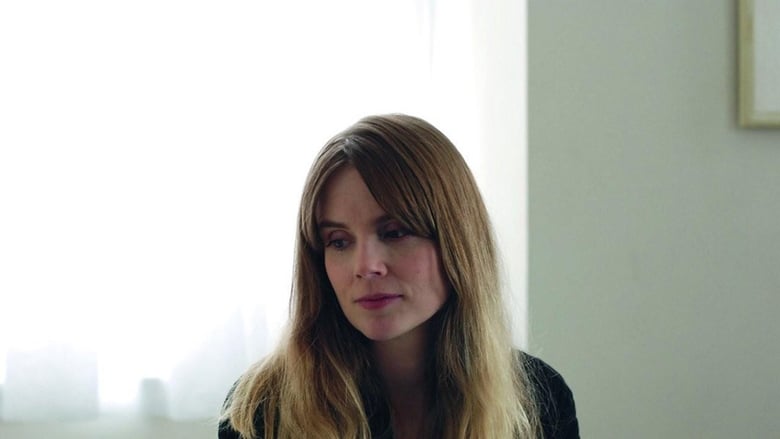
Hideaway (Le refuge) (2010)
Mousse and Louis are young, beautiful, rich and in love. But drugs have invaded their lives. One day, they overdose and Louis dies. Mousse survives, but soon learns she's pregnant. Feeling lost, Mousse runs away to a house far from Paris. Several months later, Louis' brother joins her in her refuge.
Watch Trailer
Cast
Similar titles

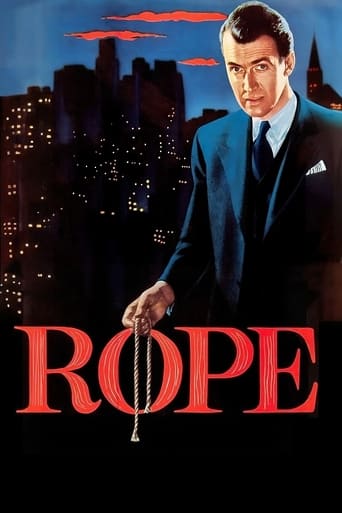
Reviews
Wonderful Movie
The performances transcend the film's tropes, grounding it in characters that feel more complete than this subgenre often produces.
The best films of this genre always show a path and provide a takeaway for being a better person.
It is a whirlwind of delight --- attractive actors, stunning couture, spectacular sets and outrageous parties.
By the time this movie rose to the top of my queue I had totally forgotten how it ever got on my queue and had no idea what it was about. I think this turned out to be fortuitous, since from the very beginning you never know quite where the story is going. Not wanting to spoil the effect for those who come to this cold as I did, I will only say that the main character, name Mousse, is a woman of shifting moods and a woman who remains somewhat mysterious. There are men in her life, but the relationships are not predictable.The filming is interesting. A lot of the movie takes place in the night and I found myself turning up the brightness on my TV to make out some of the scenes. Also, a lot of the scenes are back-lit, or are taken from a darkened room with a doorway or window opening onto bright sunlight. On the other hand there are many scenes filmed outdoors in brilliant sunlight. I could never figure out if this was strictly a director's stylistic technique, or whether the contrasts in light and dark were to reflect Mousse's mood shifts.Some may find the pacing rather too measured, but I found this film to be a satisfying character study. I came away with a renewed appreciation for the near infinite variety of human experiences.
The junkie atmosphere versus the bourgeois milieu the first sequences conjure up could lead the director into numbing Chabrol territory,but finally Ozon's innate narration sense keeps the film simple and direct.Chabrol's fans will probably notice the similarities between the beginnings of "Le Refuge " and "La Rupture" (1970):in both movies ,the young man of means runs away with a girl who comes from a much modest family ,then there's a bad trip;and the way the "mother-in-law" treats the girl recalls that of Michel Bouquet in the 1970 effort.When lil' brother comes to visit Mousse,we may fear a rehash of Irish's "I married a dead man" (filmed as "no man of her own" "J'ai Epouse Une Ombre" and "Mrs Winterbourne" ) but fortunately it is not : lil' brother is gay (the gay -or the lesbian- we find in every movie Ozon has made)and moreover ,he 's some kind of black sheep of the family (one sentence the mom said at the beginning is revealing "it's not him who should have died!" ;we only understand it halfway through the movie).That said ,and although the ending makes sense ,there's a tendency in the director's recent work to rest on his laurels .One sees little in "Le Refuge" of the taste for danger he displayed in earlier works such as "Sitcom" "Gouttes D'Eau Sur Pierres Brûlantes" or "Les Amants Criminels"
François Ozon ('Time to Leave', 'Swimming Pool', 'Under the Sand', '8 Women', 'Angel', etc) continues to bring to his films a sense of intimate relationships offered in a style of filmmaking that makes them personal and unique. He often uses the same actors for his films, a trait that makes his work seem truly ensemble in nature. HIDEAWAY (Le Refuge) is a story about the tapestry of love in all its forms and as written by both Ozon and Mathieu Hippeau it is a delicate view of the many facets of relationships. Mousse (Isabelle Carré) and Louis (Melvil Poupard) are young and wealthy and deeply in love, but they are addicted to drugs. In an extended almost wordless scene we watch them inject themselves with heroin in a luxurious Parisian apartment. Days of drug induced idyll are suddenly disrupted one morning when Louis' mother (Claire Vernet) arrives and discovers the couple: Louis is dead from an overdose but Mousse survived and is taken to a hospital where she finally awakens and is informed she is pregnant. After the funeral and burial of Louis, his mother convinces Mousse that Louis must have no heir and sends the confused Mousse her off to terminate the pregnancy. Louis brother Paul (Louis-Ronan Choisy) looks on, empathizing with Mousse. Some months pass and we find Mousse in a seaside country house where she is a recluse during the pregnancy she has decided to keep: Mousse is now controlling her addiction with Methadone. Her only outside contact is the grocer Serge (Pierre Louis-Calixte) who delivers her food until Paul stops by to pay a visit. Mousse allows Paul to stay in her hideaway and they become friends - Paul admits to Mousse that he is not Louis' blood brother but was rather adopted. Paul is gay and not a threat to the very pregnant Mousse. Paul goes into town, meets Serge, and a love affair ensues. The manner in which Mousse and Paul relate and together with Serge form a type of family leads to a rather surprising ending. How the shared relationship with Louis (Mousse's lover and source of her pregnancy and Paul's longtime admiration of his adopted brother) bonds the two provides a surprising but satisfying ending to the story. Isabelle Carré is radiant as the conflicted Mousse and both Poupard (despite the brevity of his role) and Choisy are excellent. This is quality, quiet, intimate filmmaking at its finest. Another little masterpiece from François Ozon. In French with English subtitles. Grady Harp
A film of a modest budget, a film made in the sunny Pays Basque and a film which captures a real pregnancy. As a matter of fact, The Refuge is "born" of this idea to film a pregnancy, and this movie benefits this particular occasion. But let's say it is not a typical idyllic portrayal of a pregnancy or of a pregnant woman. The only thing that may be idyllic, is the sun of the south of Europe. Otherwise, this is a capture of troubled lives and troubled personalities. The start of The Refuge is marked by a death by a drug overdose. Useful to say that the bunch of takes in beginning does not transmit even little of the richness of the future images of film. But who knows, maybe the cliché full drug taking scenes are there to underline the contrast. Anyways, the decease of the character of Louis, puts an ending to a love story - a very brief moment. Nevertheless, there is another story on the way and the principal figure of this film, Mousse, miraculously alive, carries it in her belly. And here begins the refuge where two characters, Paul and Mousse, try to figure out their lives. Paradoxically, these two lives are not so related as much as one can probably think, as they are put so close. Passing to the refuge in Basque Country, Ozon makes sure that the spectator draws a clear line in his mind by the change of tonalities – grim and gray for Paris and pastel and sunny for the south. Despite the posh ambiances of Paris surroundings and idyllic summer of southern Europe, the images speak generally of troubled lives. They portray a woman, struggling with the sudden solitude and a man, trying to find where exactly he belongs. The director puts on the screen a pregnancy that troubles the spectator more than the mother. Quite an ironic manipulation with those in front of screen – they experience the turbulence knowing that the heroine is still taking methadone and does not refuse alcohol or a night in club with music roaring loudly. But truly, it's all not about this. She is well aware of her pregnancy, but this is a different kind of pregnancy. It is not for the sake of it, it is for the sake of keeping the life. The big belly evokes the presence of Louis, who is gone and the presence of the baby, who hasn't yet arrived. It's nice to see, that director has found out, that pregnancy can be be showed as an instrument of portrayal or a link among other elements of the film. For example, it allows to grasp the personality of Mousse. It is like some sort of mourning which passes very silently, without hysterical and loud scenes. Like the way she is – very introvert and calm, keeping all the troubles inside; nevertheless the situation permits to see her desire for independence and stubborn nature. In addition, who would have thought, that giving different sexual orientations to the principal characters, permits so precisely to limit any kind of romance, even placing both in one, relatively isolated space and time. And even if Ozon lets happen something, it still is for the sake of the story, not for the comfort of spectators' expectations. Also, it has to be admitted, that Isabelle Carré looks beautiful and plays admirably the role of Mousse, in a way, living through two stories of one pregnancy.
